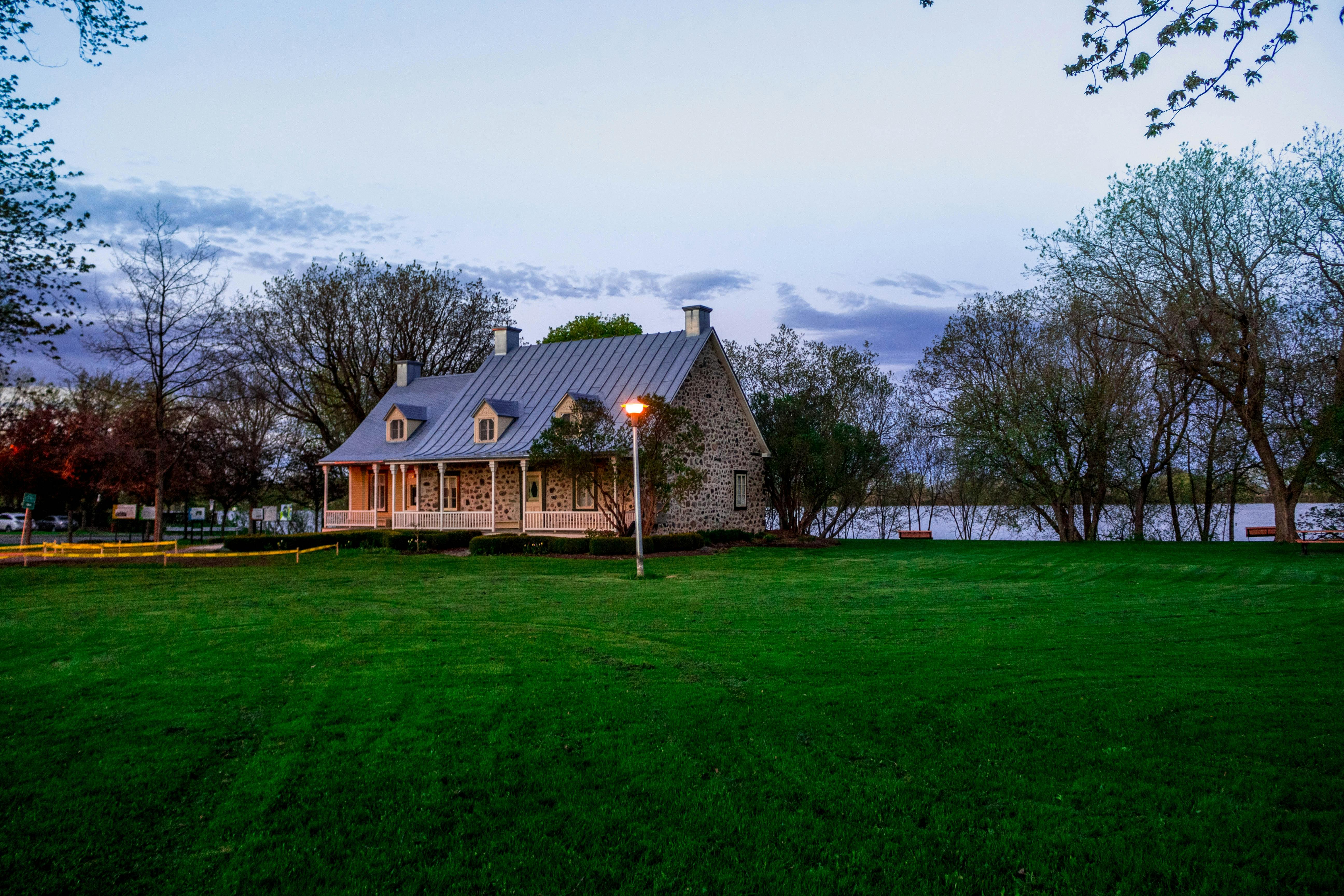One of the few ways to purchase real estate within a self-directed IRA is to obtain a non-recourse loan. A non-recourse loan, unlike traditional loans, does not put your IRA at risk, which is one of the IRS conditions for obtaining an IRA loan.
What are the other terms and conditions for obtaining non-recourse financing for real estate or other investments?
Before looking at the rates and terms of a non-recourse loan, the investor should understand that non-recourse loans are riskier for the lender than regular loans. The lender does not have the right to foreclose on the buyer’s personal property or pursue the buyer’s personal assets in the event of a loan default. Therefore, lenders can only get back what the IRA has already invested in the property.
Lenders try to minimize risk by insisting that the investor share some of the risk. They typically ask the borrower to make a larger than normal down payment and pay a higher-than-average interest rate.
Another way that lenders minimize risk is by insisting that the IRA investment be profitable. You have to generate more than enough income to pay off the debt. A profitable IRA increases the probability of full repayment of the loan. The capital inflow must be at least 25% more than the total monthly expense of the property.
Positive IRA Cash
If you’re using your non-recourse loan in an IRA to invest in real estate, for example, the lender will look at the investment to see if it’s likely to produce a good return. Therefore, the property must offer a constant cash flow either in the form of rent or other type of return. You have to make full disclosure regarding the location, price, and type of property.
It is likely that your case will be heard more favorably if you provide photographs of the house or land. If the property was recently sold, information on the purchase price is needed.
Non-recourse loan providers generally offer more relaxed terms for new properties. Finding funds to buy a house in disrepair is difficult if you are looking for non-recourse financing. You can invest in residential properties, condominiums, apartment complexes, and even commercial properties. However, manufactured homes are prohibited, as are residential properties such as log cabins and similar structures.
Terms and Fees
Non-recourse loan providers offer loans at different rates depending on many factors. However, these loans have a higher interest rate than conventional mortgages. You can expect to pay a few percentage points higher rates on these loans.
Fixed rate loans generally offer terms of 20 to 25 years maximum. A variable non-recourse loan offers constant rates for the first three to five years, after which rates adjust annually.
Before deciding on a non-recourse loan, make sure you have selected the right property. If you can’t find one, ask a real estate agent familiar with investors who buy real estate in your self-directed IRA. Make sure the IRA has a good equity inflow from the property if it is a rental property. This will help him convince a lender to provide a non-recourse loan with the type of rates and terms he needs.
